TechTank, a biweekly podcast from the Center for Technology Innovation at Brookings, explores today’s most consequential technology issues. Moderators Nicol Turner Lee and Darrell West speak with experts and policymakers to share data, ideas, and policy solutions that address the challenges of our digital world.
Many people participate in jobs associated with the gig economy. This includes those who drive for ride-sharing services, deliver food, or otherwise get paid based on services or deliveries, or car rides, as opposed to a set salary or hourly basis.
People take these jobs for all kinds of reasons. They need flexible work schedules or are in school and aren’t available for a traditional job. These positions provide extra cash and allows people to take care of young children or aging relatives.
Yet others worry because such workers generally don’t qualify for healthcare benefits, disability insurance, or retirement matches from their companies. While the gig economy might seem like a positive evolution for our workforce, we need to make sure gig workers are treated fairly and are able to get healthcare insurance and disability benefits.
A gig job might allow you more flexibility and more freedom … but at what cost?
In today’s episode, Darrell West discusses the implications of the gig economy with guests Makada Henri Nicky and Aaron Klein.
You can listen to the episode and subscribe to the TechTank podcast on Apple, Spotify, or Acast.
The Brookings Institution is committed to quality, independence, and impact.
We are supported by a diverse array of funders. In line with our values and policies, each Brookings publication represents the sole views of its author(s).


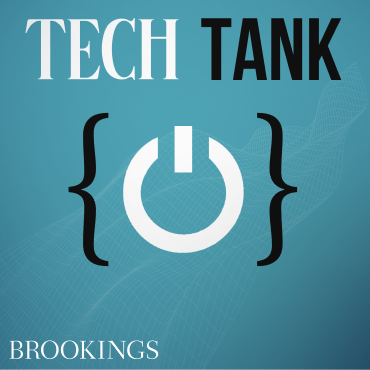

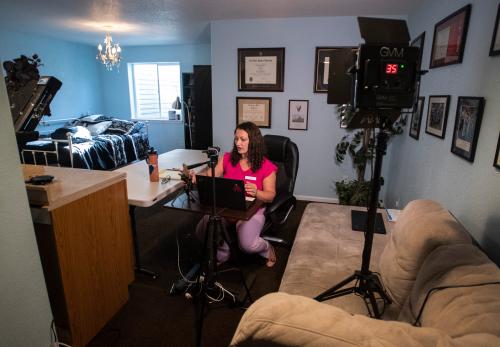
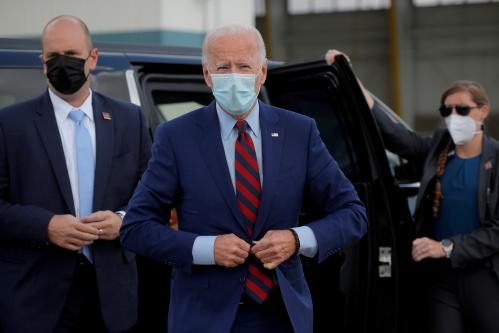




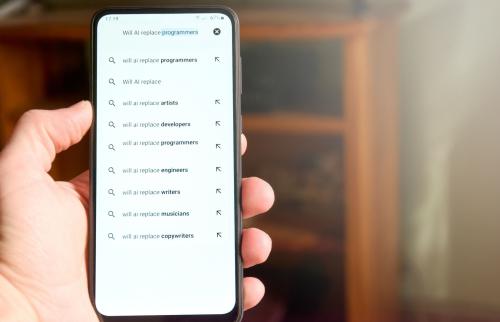
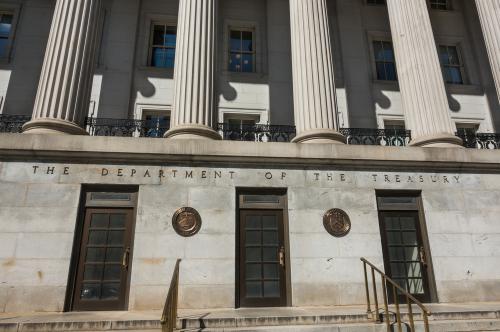
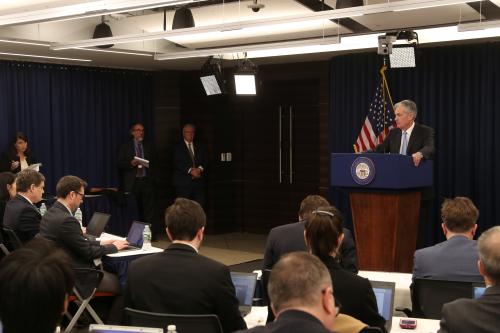
Commentary
PodcastHow fair is the gig economy? | The TechTank Podcast
December 14, 2020
Listen on
The TechTank Podcast